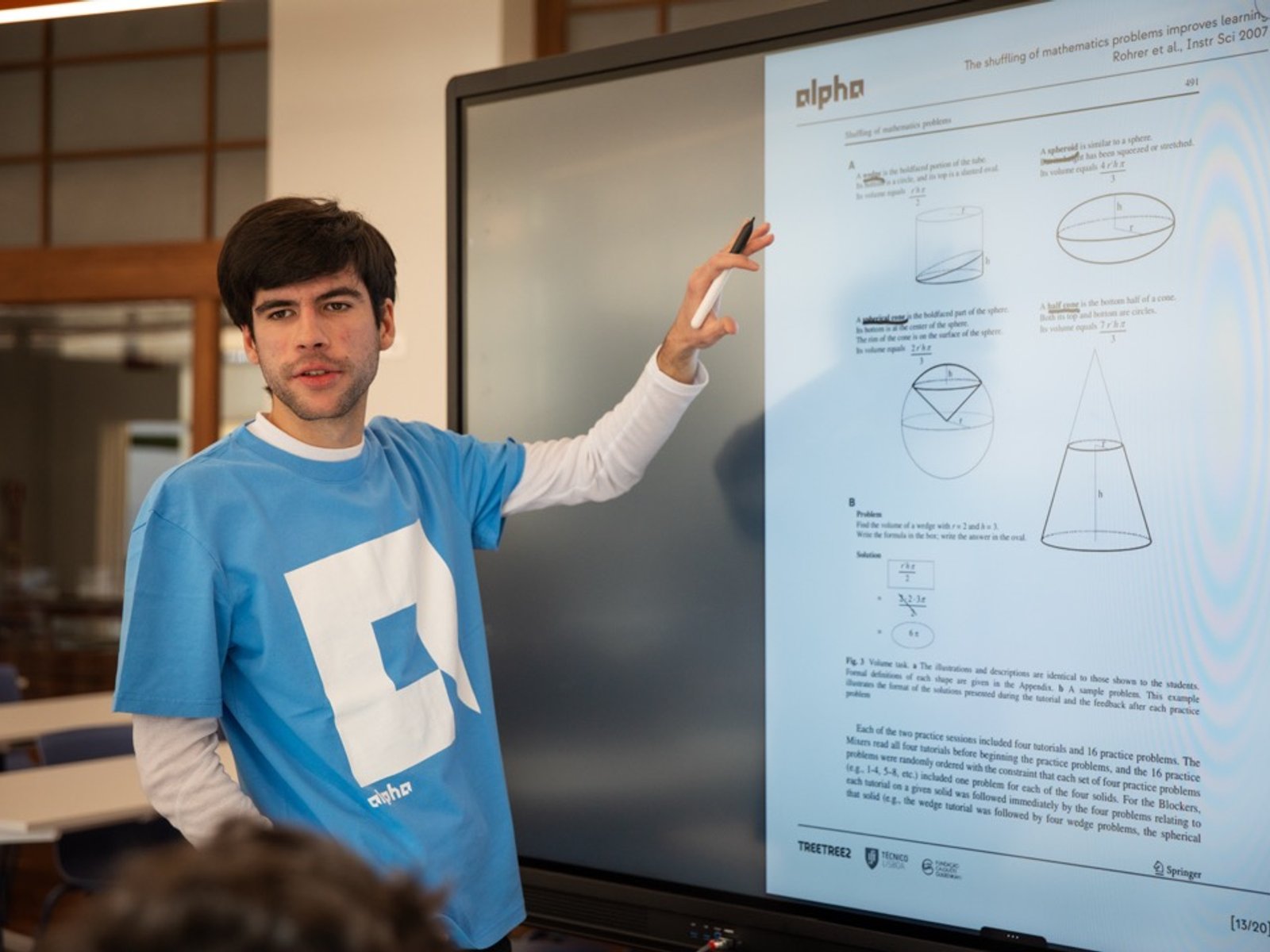
O Programa em Imagens
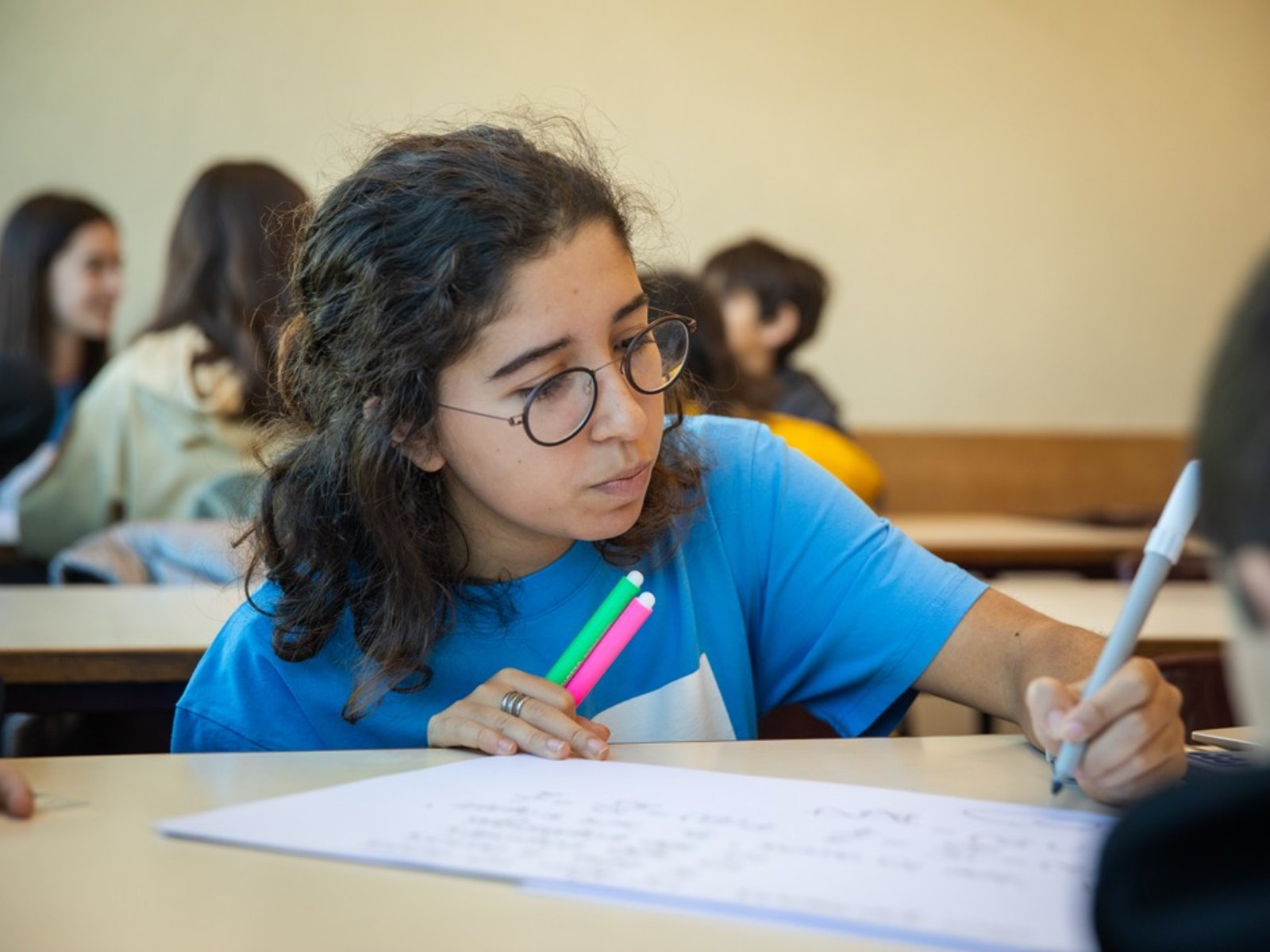

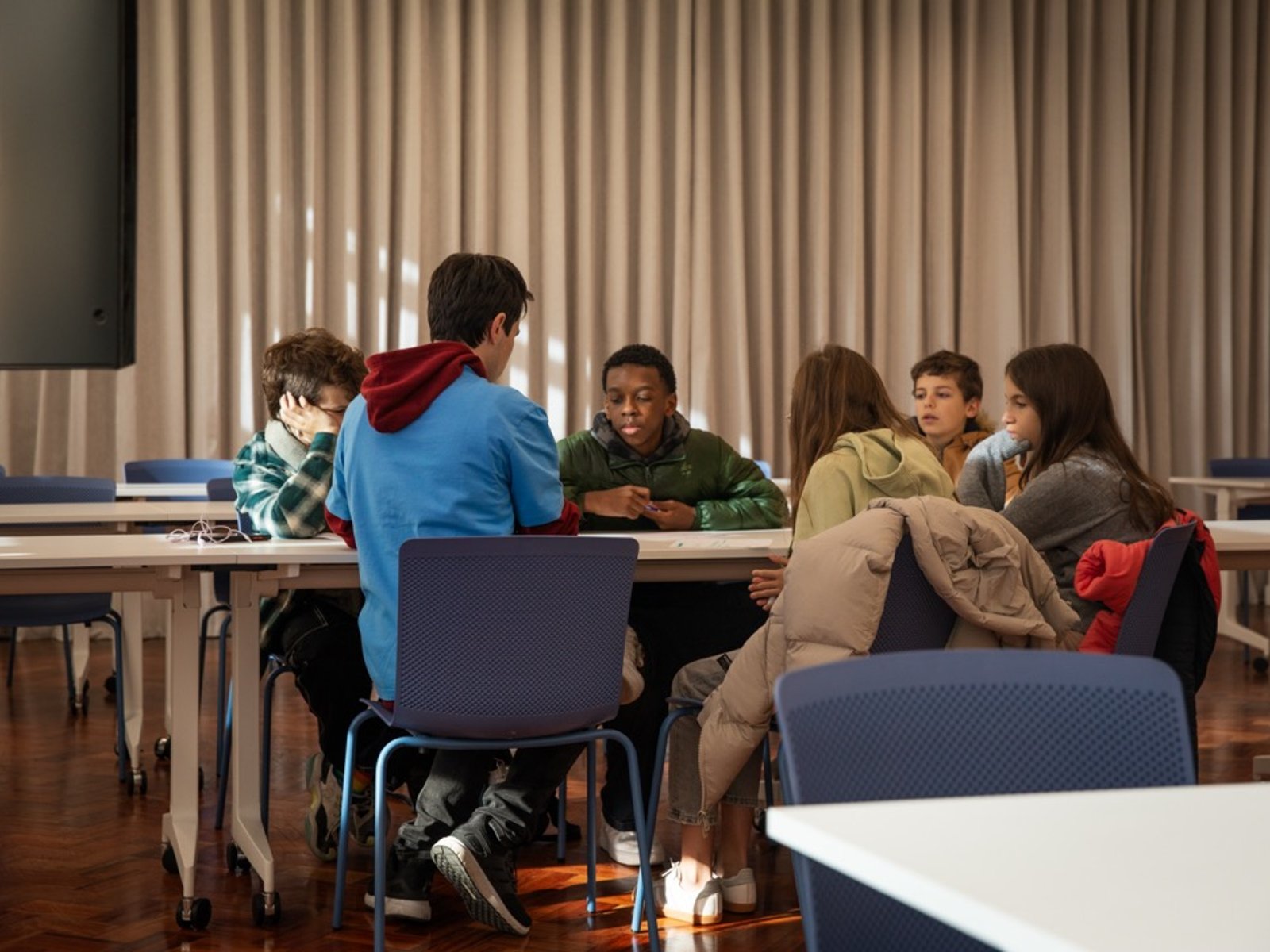
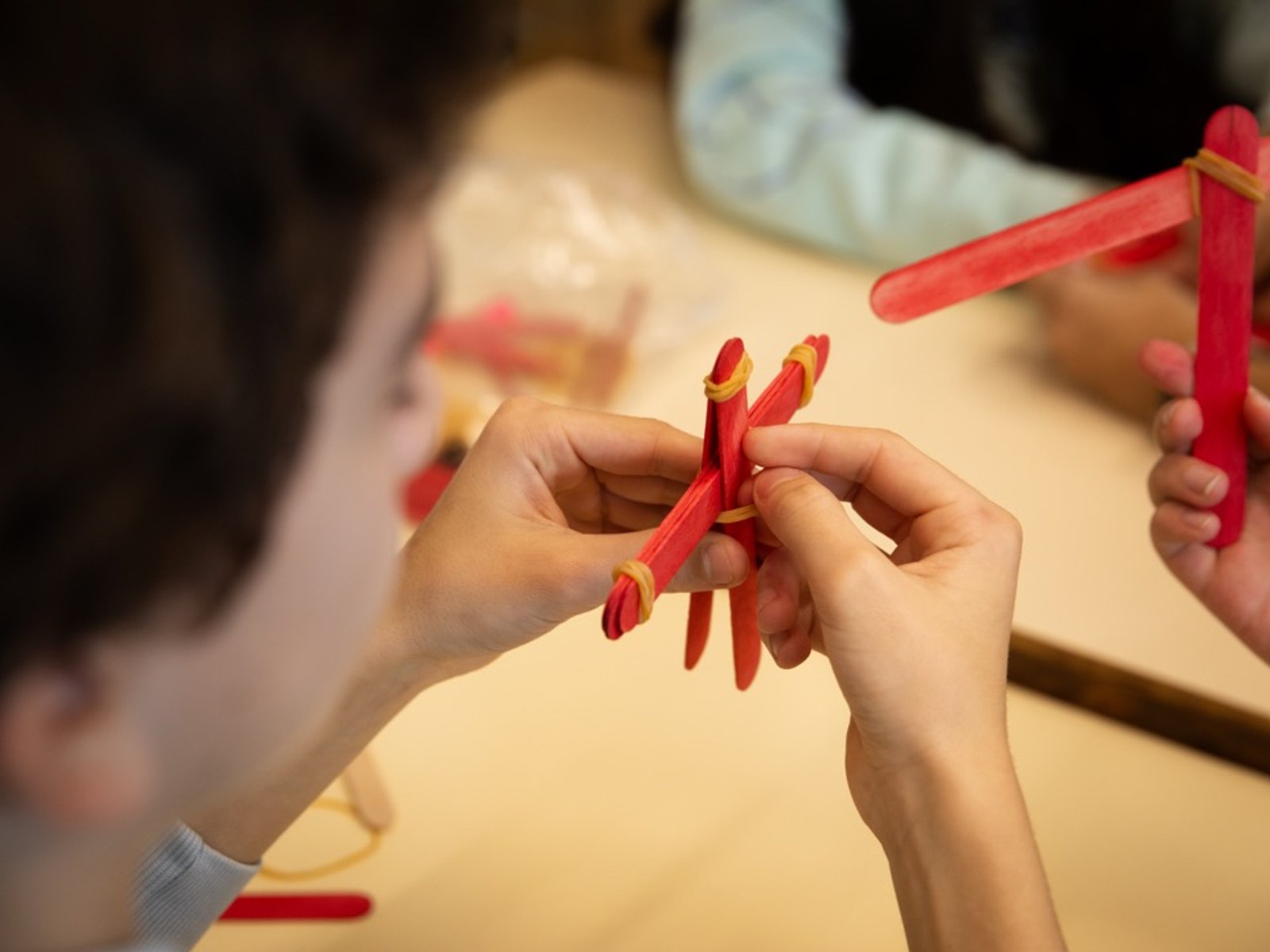
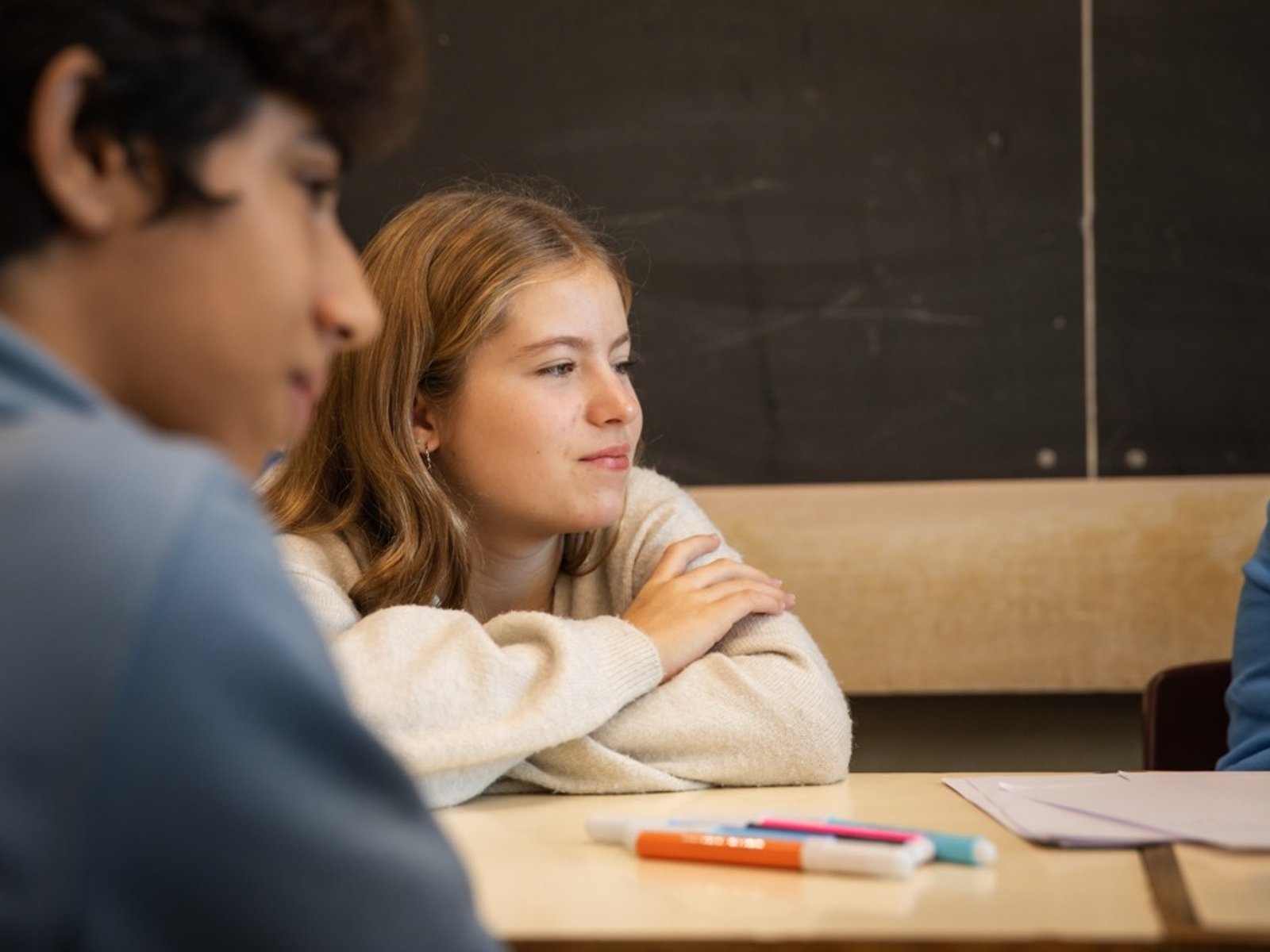
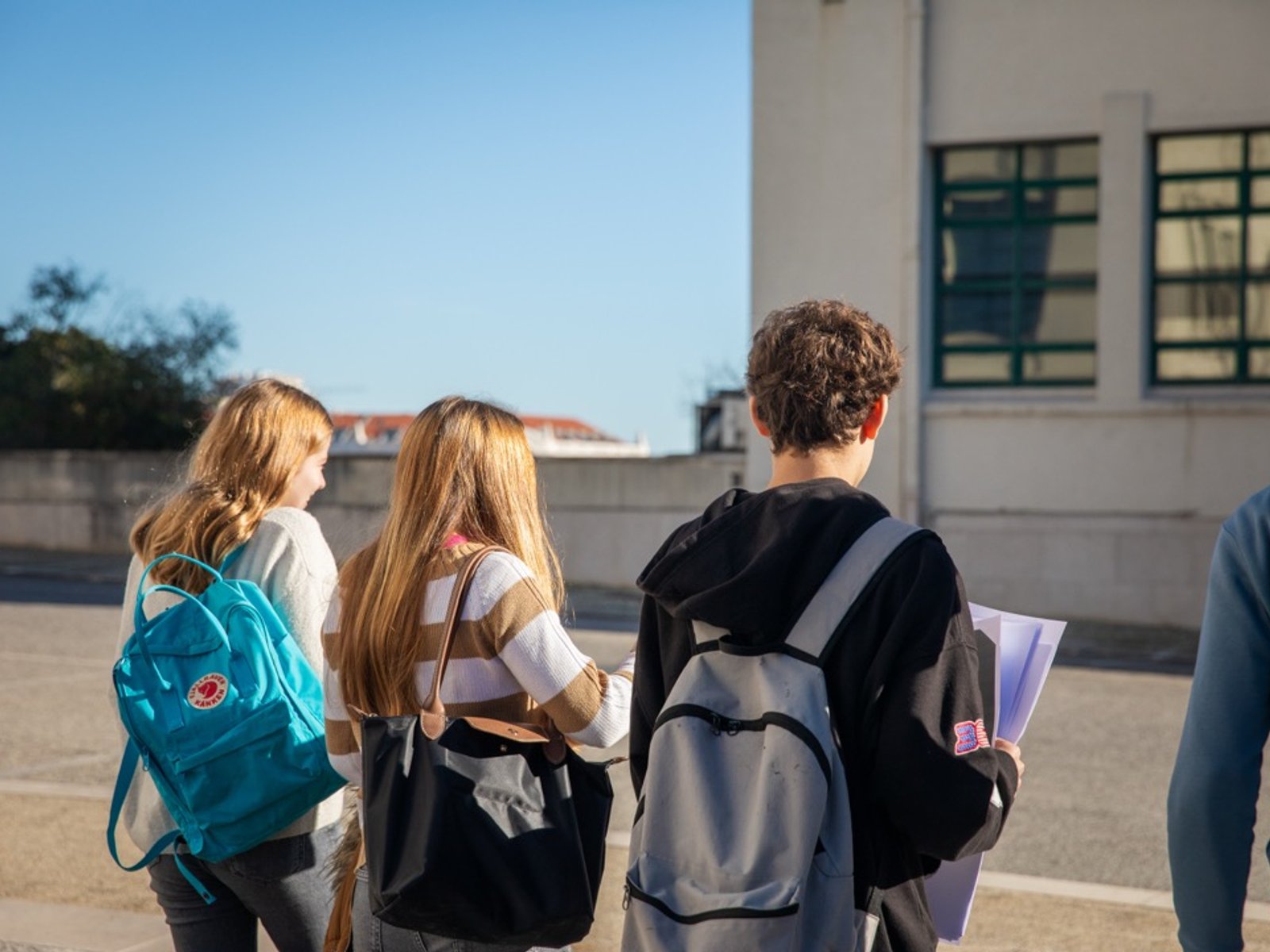
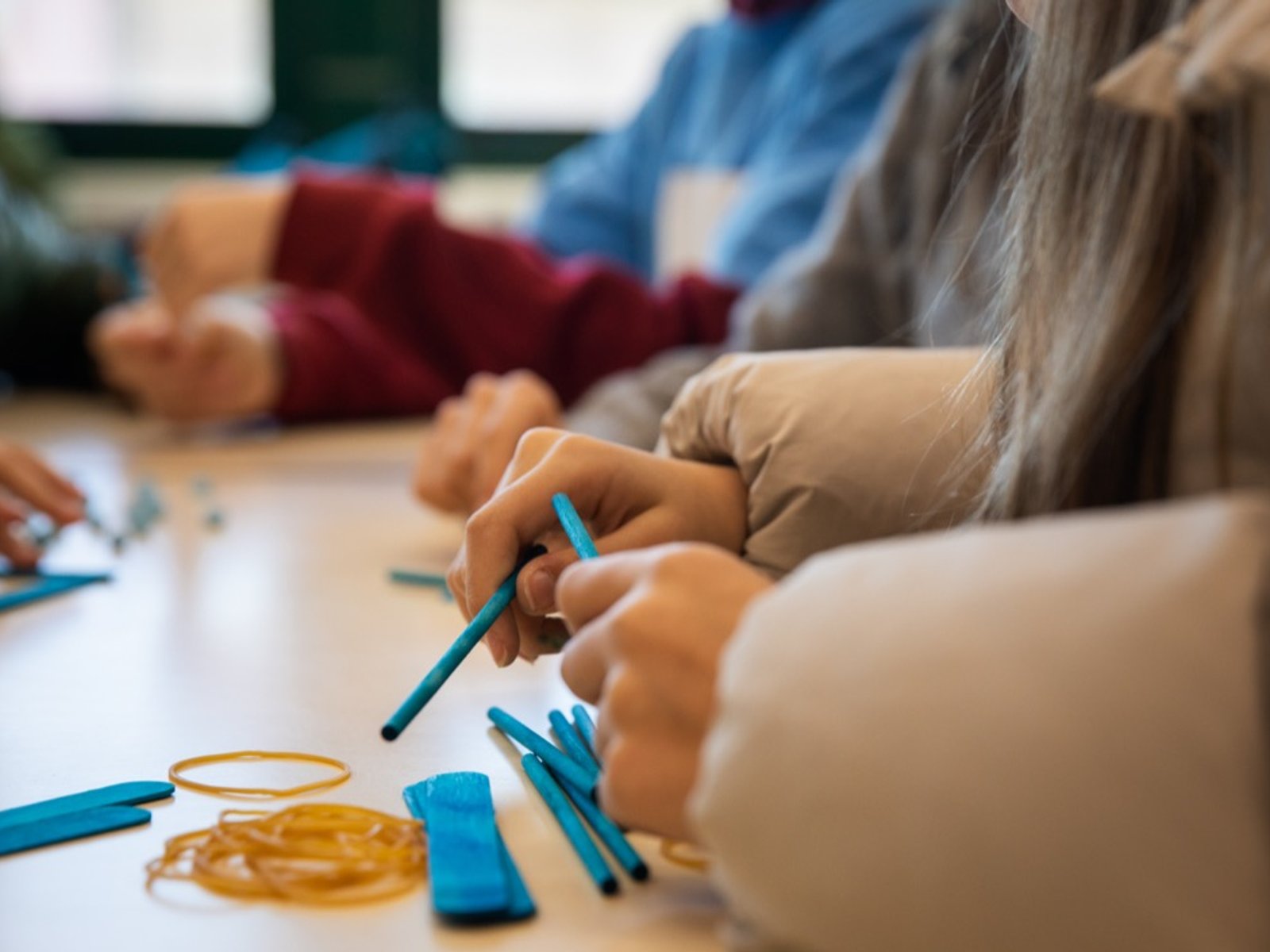
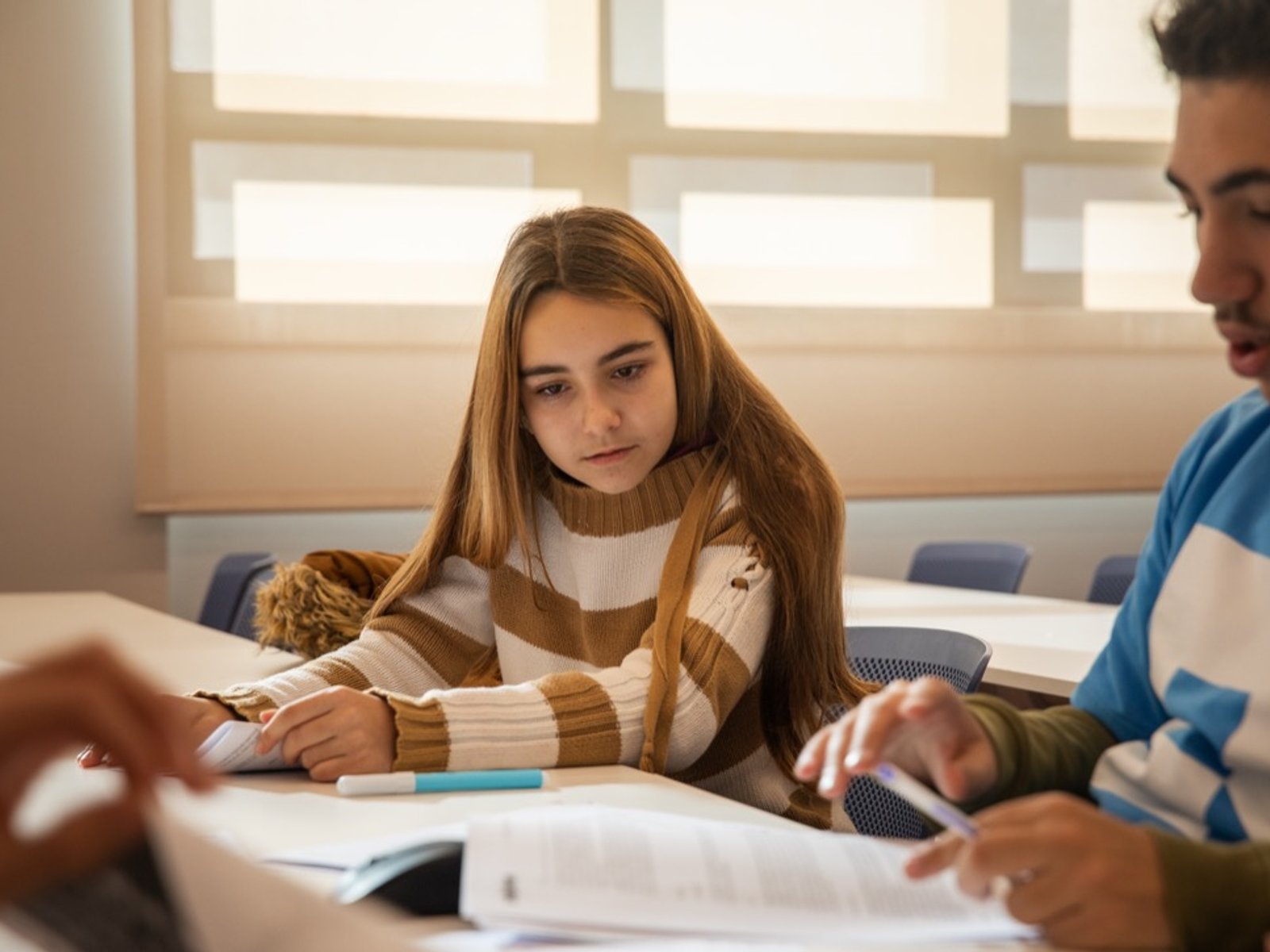
general structure
The ALPHA Program is carefully structured into six 11-week quarters, with classes divided into groups of up to six students. Each group has an exclusive instructor, ensuring personalized attention during all sessions. The goal is to offer serious, engaging, and age-appropriate scientific exploration using advanced and captivating materials. Autonomy is a pillar of learning: therefore, we teach how to learn better and more effectively any subject, with good time and learning project management, always surrounded by a group of friends and instructors passionate about the same topics.
learning environment
ALPHA benefits from the institutional hosting of Instituto Superior Técnico, where in-person sessions take place. This collaboration allows students to experience a real university environment, inspiring themselves in the spaces where future scientists and engineers are trained. The program is entirely designed and managed by TreeTree2, ensuring a unique educational experience adapted to participants' age.
curricular principles
ALPHA is intended for curious students who wish to explore Science extracurricularly. The program follows five key principles:
Diversity of Topics
Integrated approach to various areas such as Science and Society, Mathematics, Physics, Biology, and Computing.
Unique Learning
Exclusive activities created from scratch for this program, such as scientific paper analysis and logical Computing.
Collaborative Learning
Dynamic sessions without lectures, focused on group work in small classes, allowing for personalized instructor attention.
Pathway and Progress
Give students possible 'maps' of extracurricular paths in Science, with adequate and calibrated expectations, as well as the certainty of having learned something concrete and specific at each step.
Autonomy Development
Learning difficult things isn't easy. We focus on gradual growth of resilience and self-management.
curriculum
The ALPHA curriculum, developed by TreeTree2, covers two main areas: technical-scientific and transversal components. The former mainly include Mathematics, Computing, Physics, Biology, and Chemistry. Additionally, throughout the program, a significant component of the curriculum addresses how Science and Engineering work. These units include analyzing scientific papers, conducting experiments, building models and numerical simulations, reading fundamental texts, and discussing the history and ethics of Science as well as its relationship with society. The transversal components gradually and recurrently address thesocio-emotional componentsof individual and collaborative learning, such as autonomy, self-regulation, resilience, problem-solving, and communication, as well as the practice, evaluation, and comparison of differentmetacognitive and learning techniques.
classes
Each quarter, ALPHA is divided into Classes: independent groups of Students, Instructors, and Coordinators. Each class has its ownCalendar, Schedule, Locationand its own digital platforms, as well as an exclusive team of instructors and coordinators:
students
Classes of eight groups of six students from the same grade level, from various schools, allocated based on their preferences for Calendar, Schedule, and Location. In-person sessions operate in two adjacent classrooms at IST.
instructors
Learning sessions take place in groups of six students, with one dedicated instructor per group throughout the session. Instructors are selected and trained by TreeTree2.
coordinators
In addition to the instructor team, each class has a coordinator responsible for supporting and managing sessions. All coordinators are part of the TreeTree2 team.
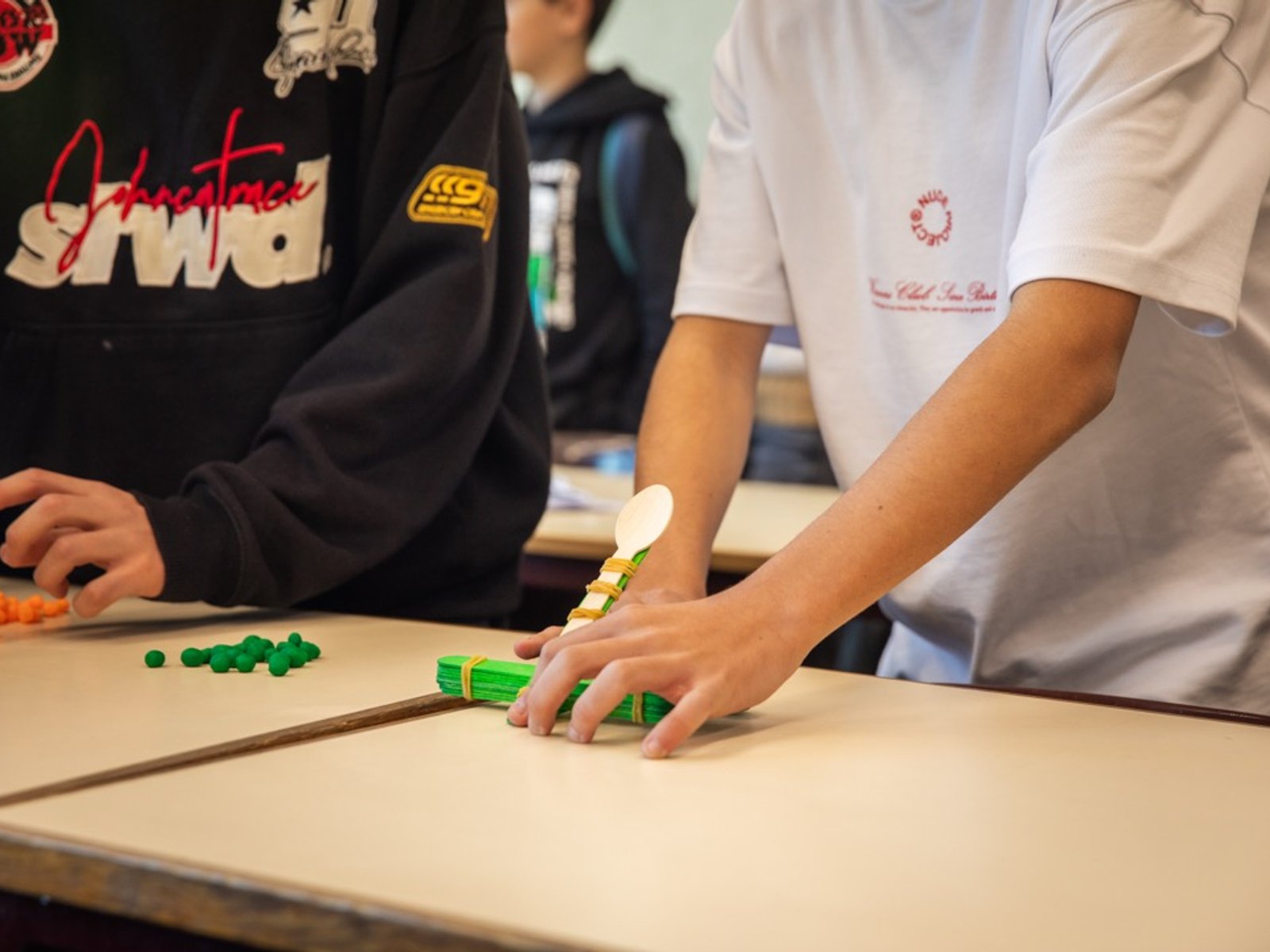
a typical week at ALPHA
The program is divided into two phases:
phase 1: autonomous learning
Students begin the week studying new content independently at their own pace, using the ALPHA platform to explore videos, texts, and quizzes. This phase lasts one hour per week in the first quarter.
phase 2: collaborative session
In a weekly 2.5-hour session (in-person or online, with a 15-minute break), students meet with instructors to clarify doubts and deepen knowledge, reinforcing what they learned autonomously.